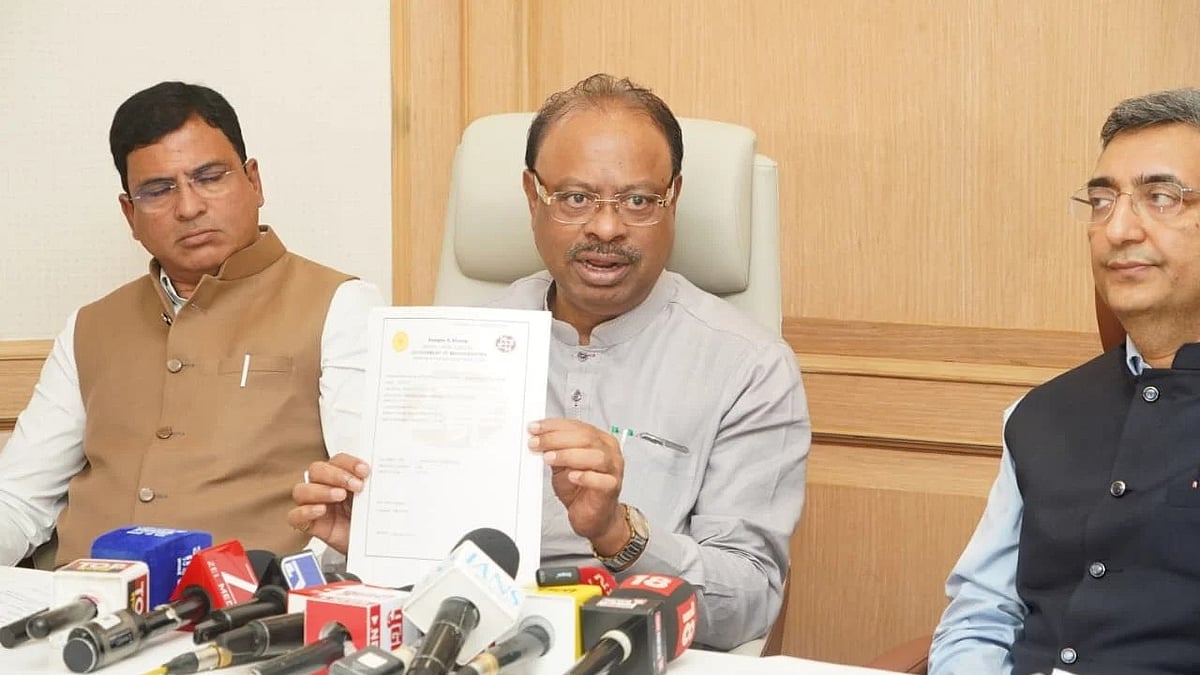On May 24, I elucidated that in a co-operative society that has passed a redevelopment resolution by majority, the decision of the majority members is final and binding on the minority dissenting members. Further, the society’s general body is supreme. Merely because the terms and conditions of the development agreement are not favourable/acceptable to some minority members, cannot be the basis for not abiding by the decision of the overwhelming majority. This position in law makes one wonder whether, in a cooperative society, the brute majority can bulldoze the minority. On analysing the law, we can say that the decisions of the general body taken by the majority are binding, only and until they are rational, reasonable, non-fraudulent, and in the utmost favour of its members. The minority members are not remediless.
Grounds for Contesting Decisions
Any decision taken by the general body that contradicts or is inconsistent with the registered bye-laws of the society may be subject to challenge. Decisions that are in violation of the Maharashtra Co-operative Societies Act (MCS Act) or any applicable rules and regulations can also be contested. If the decision-making process is procedurally unfair, such as not providing affected members an opportunity to present their case, it may be challenged on the grounds of breach of natural justice.
Procedure for Challenging Decisions
Members are encouraged to utilise this channel first by filing a written complaint with the managing committee. If internal remedies prove ineffective, members may escalate the matter to the Co-operative Court. Under Section 91 of the Maharashtra Co-operative Societies Act, 1960, co-operative courts have exclusive jurisdiction to adjudicate disputes between a member and the society, particularly those involving general body decisions passed by a majority vote. The dissenting members, if aggrieved by the order passed by the co-operative court, can file an appeal before the Cooperative Appellate Court under Section 97 of the Maharashtra Co-operative Societies Act. In a recent judgment passed by Justice Amit Borkar of the Bombay High Court, it is held that a person alleging fraud should give details of such fraud. “Mere stating expressing 'fraud', during the course of arguments, is not sufficient to adjudicate such contention in the absence of details of fraud,” the court held. The court further held, “If the majority members are of the opinion that the building needs to be redeveloped, it is not necessary that the building's dilapidation needs to be proved before taking the decision. It is, after all, the majority of members of the general body to take decisions in the interest of the majority of members,” the court held.
The writer is a Bombay High Court advocate










